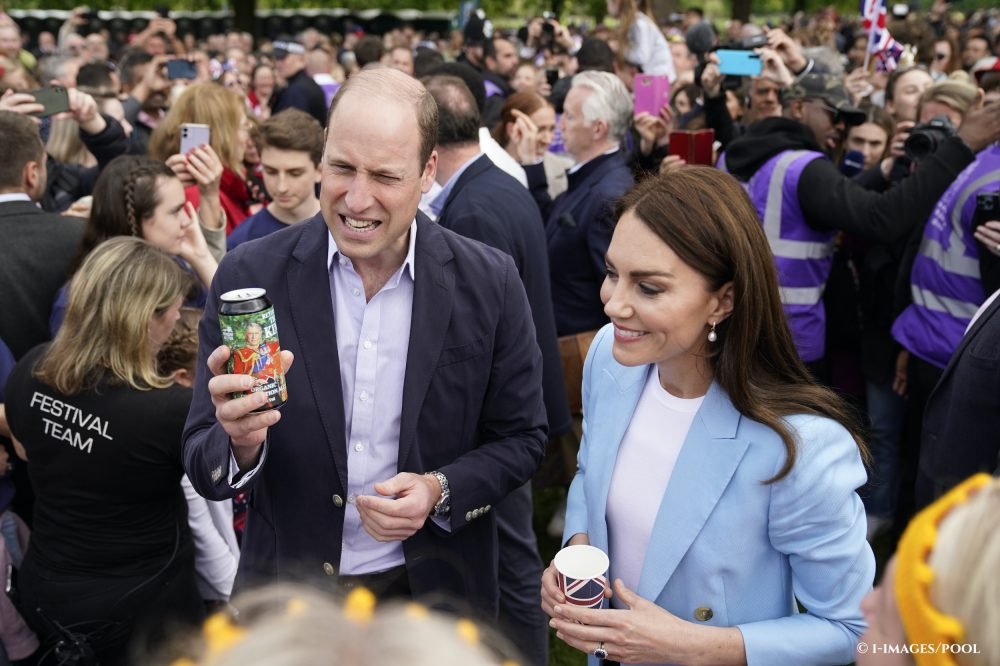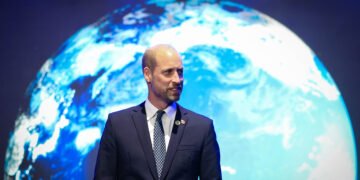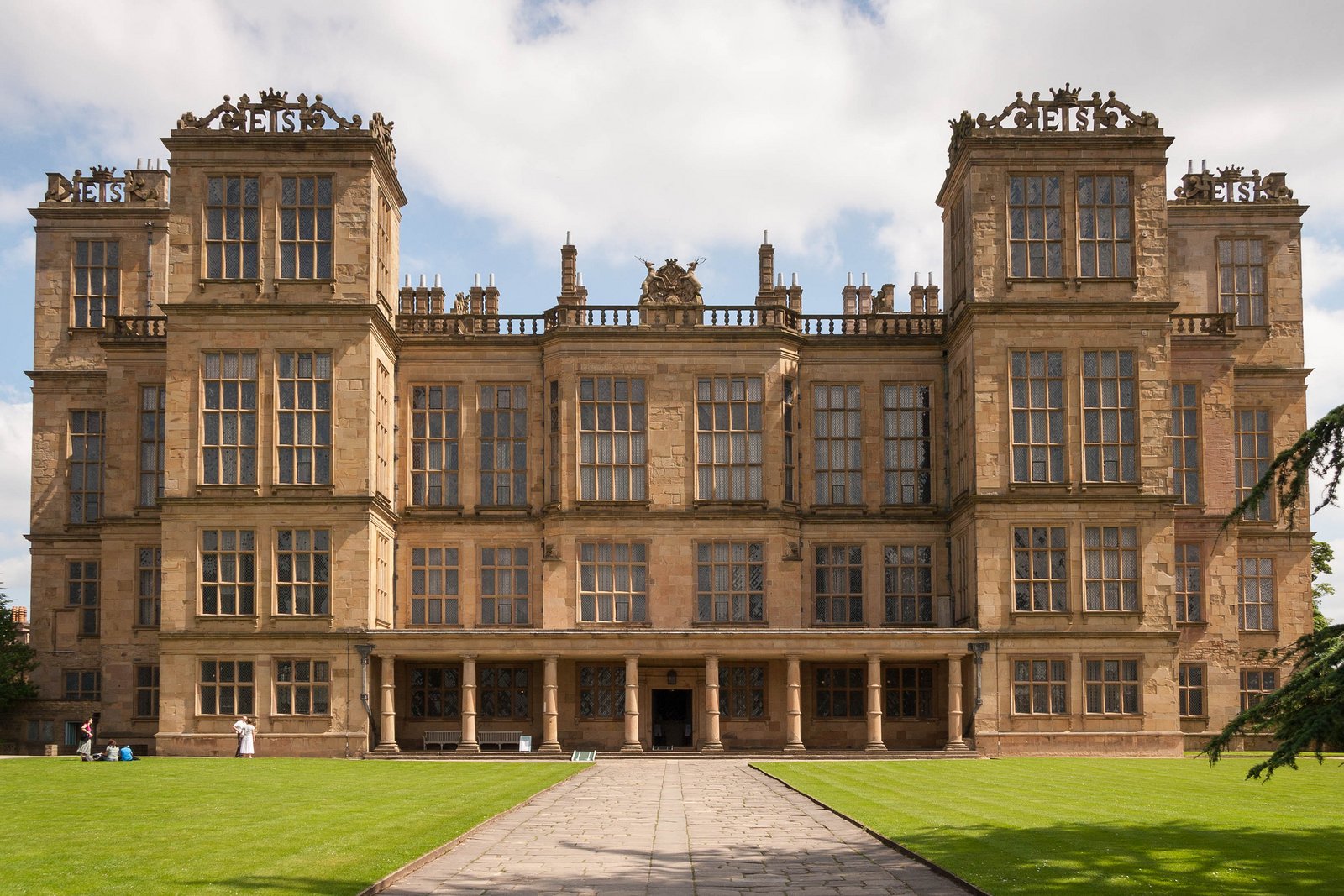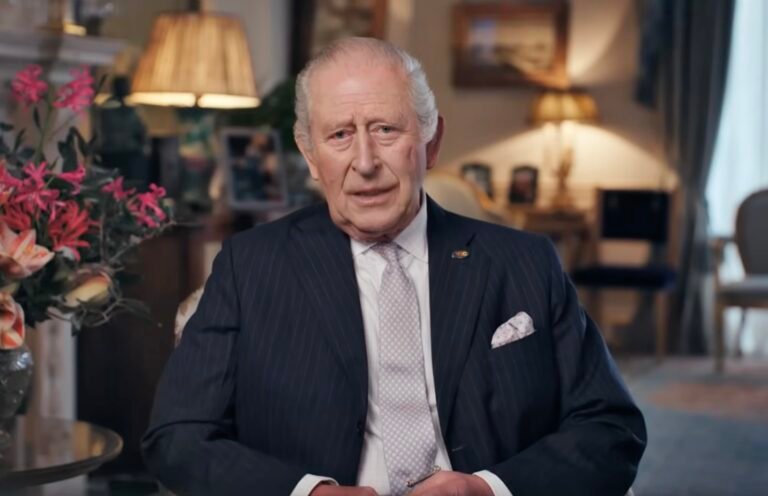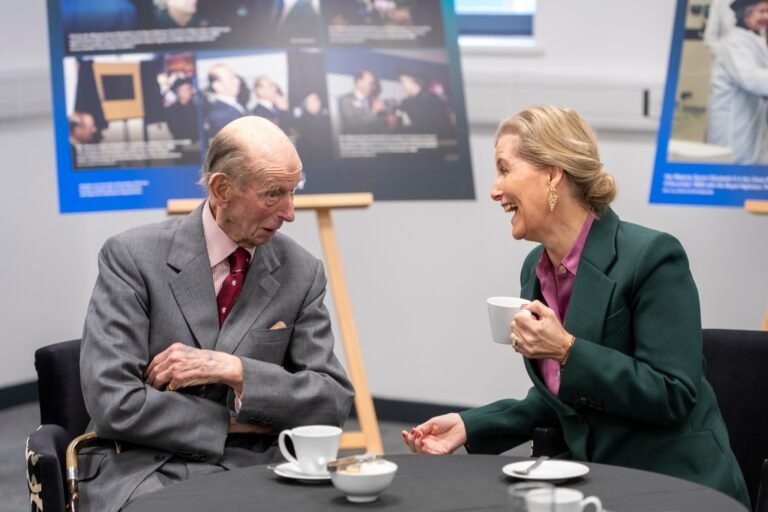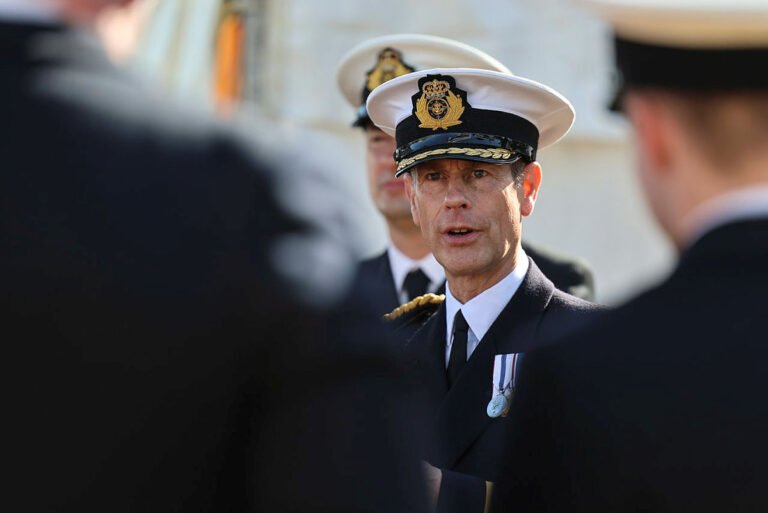The Duchy of Cornwall profits have been released, revealing that the estate made profits of £23.6 million in the last financial year. However, The Prince of Wales has opted not to reveal how much tax he pays on the private income that he receives from the Duchy.
Compared to when his father was Duke of Cornwall, this is a vast difference – but William is understood to be paying income tax on the full amount, minus household costings, which have also not been disclosed.
The surplus in profits from the Duchy of Cornwall is used to fund the private lives of the Prince and Princess and their three children, as well as some of their official and charitable work; the taxpayer only supports official work on behalf of the Monarchy.
When Kensington Palace was asked why Prince William was not declaring publicly how much tax he pays, the response was that he is paying the ‘appropriate’ level of income tax and that it reflected ‘what was required’.
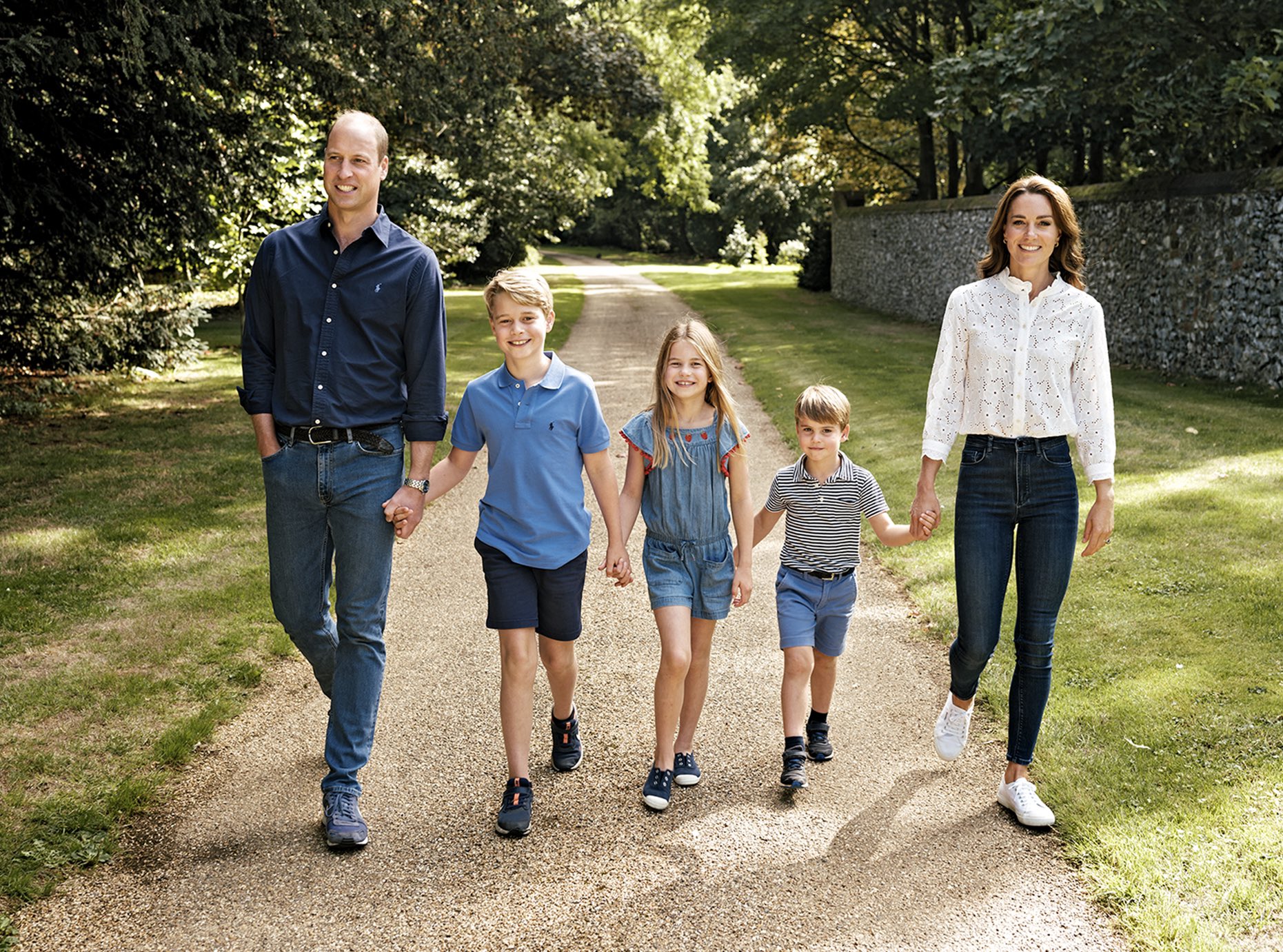
William became Duke of Cornwall – and thus Head of the Duchy – following the death of his grandmother and his father’s accession to the throne.
In reflecting upon the Duchy’s new owner, Alastair Martin, who is the Duchy of Cornwall’s secretary and keeper of records, said that a ‘passion’ for sustainability has been a theme carried over from Charles’ time as Head of the Duchy to William’s, but there have been some differences in the running of the estate.
‘His Royal Highness, the 24th Duke would telephone me. His Royal Highness, the 25th Duke, will WhatsApp me,’ showing how royal communications have shifted with the times.
‘The day after her late Majesty died, I rang Prince William to say “Welcome to your Duchy, Sir”,’ he commented. ‘I obviously knew him, I’d been working with him for the previous eight years or 10 years, to really explain to him what his future was during the time he was heir to the throne. And he said, “I’m going to give you my mobile telephone number – if you want me, just get me, just message me”.
‘And that’s how he works and he is very involved. There will be weekends when my WhatsApp messages will be in double figures and I will be very responsive. If something has gone well or badly, I will want to tell my boss and he’ll be straight back.’

One noticeable change as seen in the Duchy of Cornwall’s report is the absence of Annabel Elliot, sister of Queen Camilla, who had been on the payroll for over two decades. Annabel, an interior designer, had been employed as chief estates designer by King Charles, when he was the Prince of Wales, following his marriage to Camilla in 2005.
Annabel’s role was to update the Duchy’s period holiday cottages in Cornwall, Wales and the Isles of Scilly, as well as the Duchy offices and its plant nursery. However, sources confirmed to the Daily Telegraph that her removal of a role from the Duchy was not a reflection on her work.
The Duchy’s annual accounts detail how Annabel had been paid ‘in the normal course of business and on an arm’s length basis’ varying amounts ranging between £19,625 and £82,272. She was also reimbursed additional amounts each year, ranging from £7,160 to £90,285, for the purchase of furniture, furnishings and retail stock.
Ms Elliot is still reportedly working in royal circles as she was employed to oversee significant improvements to the visitor centre and restaurant at Balmoral ahead of its opening this summer. Buckingham Palace has been keen to stress that she would be involved with projects where there are ‘appropriate opportunities’.
This development reflects a gradual shift in approach from William, as he continues to manage his vast property portfolio in his own way, by adding his own stamp to the estate and its running.
Being heir to the throne, there are new expectations for the future King. Ian Patrick, The Prince’s new Private Secretary, outlined William and Catherine’s ambitions for the future, which include taking on fewer patronages than previous Monarchs and Consorts.

Mr Patrick said: ‘The approach they take to their charitable endeavours is an evolution of how members of the Royal family have worked in the past. Their Royal Highnesses wish to focus their time on a smaller number of courses that align with their values, and allows them to build deeper relationships with organisations, engage in a constructive way and deepen their knowledge of the issues that these organisations champion.’
Ian also shared information about the couple’s personal charitable donations to causes, something that usually remains private, by stating that ‘Their Royal Highnesses regularly undertake private philanthropy and ordinarily we wouldn’t share this, but I wanted to give you a window into that today’. He noted how the couple had donated to the London Air Ambulance, James’s Place, the Shout mental help text crisis service, and disaster relief causes after the earthquakes in Turkey and Syria, the war in Ukraine and the hurricane in the Caribbean.
Mr Patrick also teased future plans for William and Catherine’s royal work and revealed that they had personally funded to help improve mental health outcomes in rural communities.

